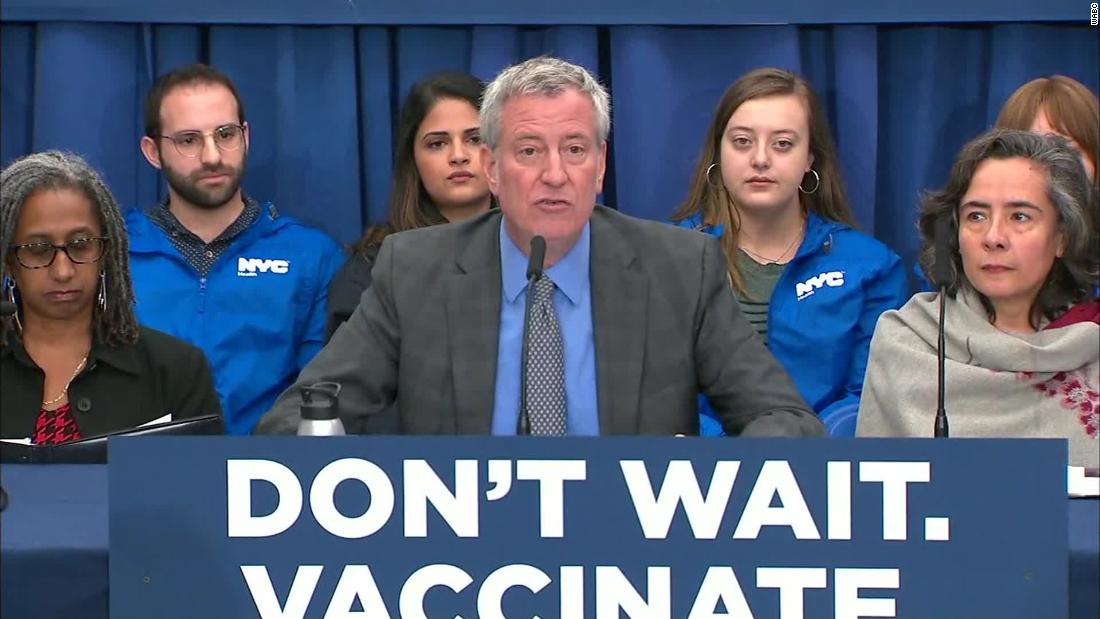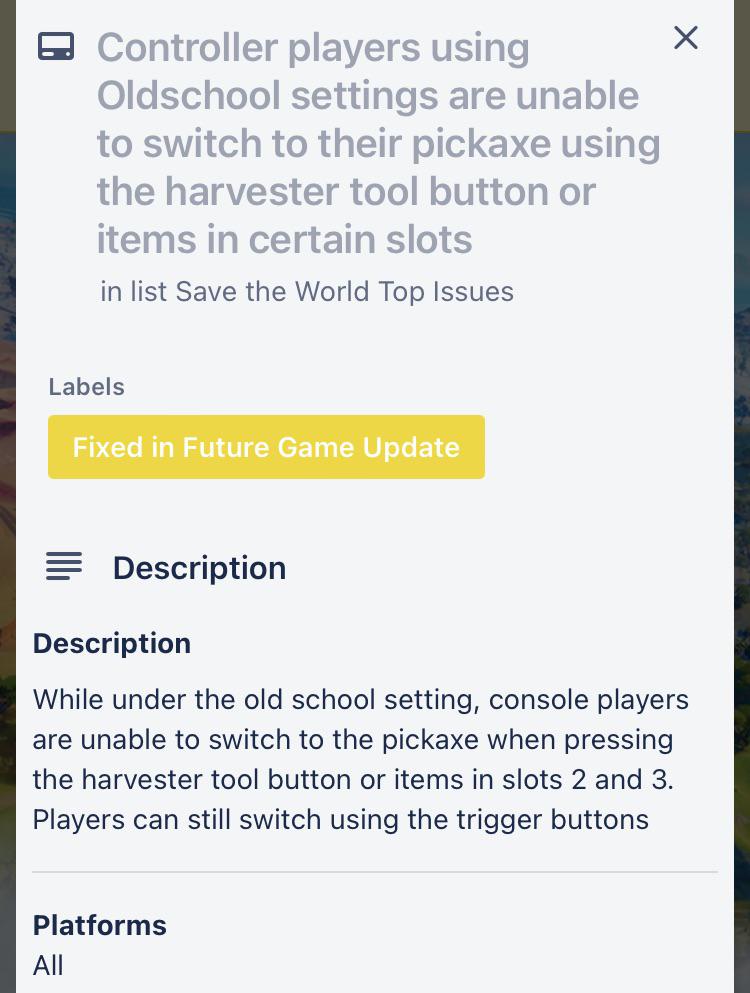Louisiana School Desegregation: Federal Oversight Officially Ends

Table of Contents
The History of School Desegregation in Louisiana
The history of school desegregation in Louisiana is a complex and often painful one, marked by significant resistance to the landmark Brown v. Board of Education Supreme Court decision in 1954. This ruling declared state laws establishing separate public schools for black and white students to be unconstitutional. However, Louisiana, like many Southern states, actively resisted desegregation for years, employing various tactics to delay and obstruct the implementation of desegregated schools. The Civil Rights Act of 1964 further mandated desegregation, but its enforcement faced considerable hurdles.
- Early resistance to desegregation in Louisiana: Included the use of "pupil placement" laws designed to maintain segregation, the closure of schools rather than integration, and widespread social and political pressure against integration.
- Key court cases impacting Louisiana schools: Numerous lawsuits challenged the state's attempts to circumvent desegregation mandates, leading to court-ordered integration plans, often met with further resistance.
- Implementation (or lack thereof) of desegregation plans: Many Louisiana school districts implemented desegregation plans slowly and unevenly, resulting in continued de facto segregation in many areas.
- The role of the federal government in enforcing desegregation: The federal government played a crucial role through court orders, Department of Justice interventions, and the allocation of federal funds, exerting pressure to achieve desegregation, although progress was often slow and contentious.
The Federal Court's Decision to End Oversight
The recent decision by the federal court to end oversight of Louisiana school desegregation was based on a thorough review of the state's progress toward achieving desegregation goals. The court considered various metrics to assess the success of desegregation efforts, including racial balance in student populations and equitable allocation of resources across school districts.
- Key findings of the court's review: The court found that significant progress had been made in achieving racial balance in many districts, along with improvements in resource allocation.
- Arguments for and against the termination of oversight: Supporters argued that the state had made sufficient progress to warrant the end of federal oversight, while opponents expressed concerns about potential regression and the continued existence of achievement gaps.
- The role of the Department of Justice in the process: The Department of Justice played a key role in monitoring the state's compliance with desegregation orders and in presenting evidence to the court.
- Potential concerns raised by civil rights groups: Civil rights organizations voiced concerns that the end of federal oversight could lead to a decline in desegregation efforts and exacerbate existing inequalities.
The Significance of this Milestone
The end of federal oversight represents a significant milestone in Louisiana's history, marking a shift towards increased local control over schools. However, this also carries the risk of a potential regression in desegregation efforts if proactive measures aren't taken.
- Increased local control over schools: This offers opportunities for greater responsiveness to local needs but also raises concerns about the potential for discriminatory practices.
- Potential for regression in desegregation efforts: Without federal oversight, there's a risk that progress could be reversed, leading to increased segregation in schools.
- The ongoing need for equitable funding and resources: Addressing disparities in school funding and resource allocation remains crucial for ensuring equal educational opportunities for all students.
- The responsibility of the state government to maintain progress: The state government bears the primary responsibility for ensuring continued progress toward educational equity and preventing backsliding.
Challenges Remaining in Achieving True Educational Equity
Despite the end of federal oversight, significant challenges remain in achieving true educational equity in Louisiana. Persistent inequalities in access to quality education continue to exist across racial and socioeconomic lines.
- Achievement gaps between racial and socioeconomic groups: Significant achievement gaps persist between white students and students of color, and between students from affluent and low-income backgrounds. This necessitates targeted interventions and support programs.
- Unequal distribution of resources across districts: Disparities in funding and resource allocation across school districts continue to create unequal educational opportunities for students.
- Issues related to school funding and teacher quality: Inadequate funding and teacher shortages disproportionately affect under-resourced schools, further exacerbating existing inequalities.
- The need for continued monitoring and accountability: Mechanisms for monitoring progress and holding schools and districts accountable for achieving equitable outcomes are essential.
Looking Ahead: Ensuring Continued Progress in Louisiana School Desegregation
Maintaining progress in achieving educational equity in Louisiana requires a sustained commitment from all stakeholders. Proactive measures are needed to prevent backsliding and ensure that all students have access to high-quality education.
- The role of community involvement: Engaging parents, community members, and civil rights organizations is crucial for advocating for equitable educational opportunities.
- The importance of ongoing data collection and analysis: Regular data collection and analysis are necessary to monitor progress, identify areas needing improvement, and inform policy decisions.
- Legislative actions to ensure equitable funding: State lawmakers must prioritize equitable funding for schools, ensuring that all districts receive adequate resources to provide high-quality education.
- Collaboration between state and local education agencies: Effective collaboration between state and local education agencies is vital for developing and implementing effective strategies for achieving educational equity.
Conclusion:
The official end of federal oversight for Louisiana school desegregation marks a significant chapter in the state's history. While this decision represents a milestone in the long journey toward educational equity, significant challenges remain. Maintaining progress requires continued commitment from state and local officials, educators, and communities. Ensuring equitable access to quality education for all students demands ongoing vigilance and proactive measures. Let's work together to guarantee that the progress made in Louisiana school desegregation continues for future generations. We must remain dedicated to addressing the lingering inequalities and upholding the principles of equal opportunity for all students in Louisiana. The fight for true educational equity in Louisiana continues beyond the ending of federal oversight.

Featured Posts
-
 Measles Surge Prompts Urgent Us Vaccine Oversight
May 02, 2025
Measles Surge Prompts Urgent Us Vaccine Oversight
May 02, 2025 -
 Fortnite Community Upset With Recent Item Shop Changes
May 02, 2025
Fortnite Community Upset With Recent Item Shop Changes
May 02, 2025 -
 Mnaqshat Mthmrt Wzyr Altjart Alsewdy W Adhrbyjan Yezzan Alteawn Alaqtsady
May 02, 2025
Mnaqshat Mthmrt Wzyr Altjart Alsewdy W Adhrbyjan Yezzan Alteawn Alaqtsady
May 02, 2025 -
 Laura Keller Biquini E Tantra Yoga Em Retiro Espiritual
May 02, 2025
Laura Keller Biquini E Tantra Yoga Em Retiro Espiritual
May 02, 2025 -
 Reform Uk Mp Rupert Lowe Suspended His Account Of The Farage Incident
May 02, 2025
Reform Uk Mp Rupert Lowe Suspended His Account Of The Farage Incident
May 02, 2025
